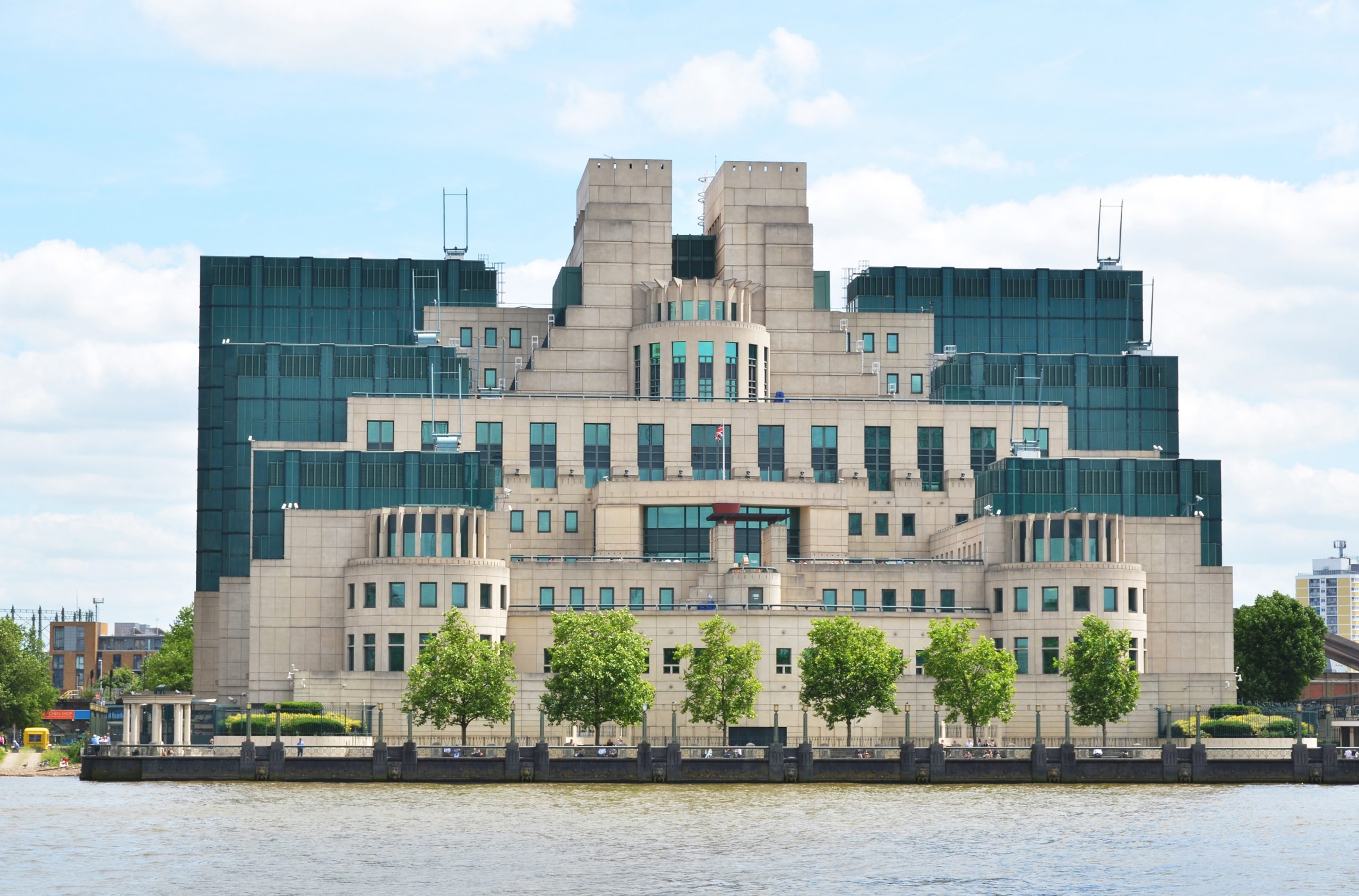No accountability
Clause 23 of the Bill would make changes to the Serious Crime Act 2007, which made it an offence to encourage or assist in crimes committees overseas, by introducing an exception if the behaviour is deemed “necessary for the proper exercise of any function of the Security Service, the Secret Intelligence Service, GCHQ, or the armed forces.” Effectively, it would give ministers the green-light to authorise unlawful killings or torture without repercussion. Maya Foa, joint executive director of the human rights charity Reprieve, said that Clause 23 would give authorities the power to “commit serious crimes thinking they can do so with effective impunity” and “destroy the UK’s moral legitimacy to condemn similar atrocities by autocratic states.”
The government insists that the legislation is in line with Human Rights Act, but has rejected the recommendations of the Law Commission that the Bill should include a public interest defence for anyone, “including civilians and journalists charged with an unauthorised disclosure offence under the Official Secrets Act 1989” as well as the recommendation that an independent commissioner should be established who whistleblowers could report allegations of criminality and wrongdoing to.
The Bill also includes a new vaguely defined offence for ‘assisting a foreign intelligence service’, which could be misused to target journalists. Under Clause 3, a person commits an offence if they engage in conduct that they “ought to know” could benefit a foreign intelligence service, though there is no need for a specific intelligence service to be identified. This includes providing access to information or services either directly or indirectly and carries a maximum sentence of 14 years imprisonment. In its current form, due to the lack of public interest defence and the vagueness of its wording, the publication of whistleblower disclosures could be punishable under this clause.
In addition, any journalist who discloses or leaks protected information that could be deemed “prejudicial to the safety or interests of the United Kingdom”, while working for a foreign state broadcaster could be sentenced to life imprisonment. The Bill considers disclosures of protected information acts of espionage if the “foreign power threat condition” is met and grants the Secretary of State powers of arrest without a warrant for anyone who is reasonably suspected to be or have been involved in foreign power threat activity.
Protecting the Arms Trade
The government’s complicity in human rights abuses overseas and its attack on civil liberties goes further still within this bill. A new offence for “unauthorised entry into prohibited places” used for defence purposes, which carries a prison sentence of up to six months, could be used to target activist groups protesting the arms trade, such as Palestine Action who have launched a campaign of disruption against Israeli weapons manufacture Elbit Systems.
A “prohibited place” is defined in the bill as land belonging to the government or ‘the Crown’ but Clause 8 gives the Secretary of State the power to declare addition sites as prohibited “in order to protect the safety or interests of the United Kingdom”. Elbit Systems hold multiple contracts with the UK Ministry of Defence – in 2021 Elbit was awarded multiple contracts upwards of £100million for naval training and electronic warfare capabilities and in March this year Elbit was selected to provide surveillance drones to the British Army. It is within reason to believe that private companies providing services to the UK military or companies that align with the UK’s foreign policy, may be considered under Clause 8.
In January last year, after an 18-months of disruption causing millions in damages, Palestine Action forced the closure of Elbit’s weapons factory in Oldham, UK where the company manufactured drone technology that has been used by Israeli forces in Gaza. Numerous Palestine Action activists are currently awaiting trial for action taken at Elbit sites across the UK, for charges such as: criminal damage, conspiracy to commit criminal damage and aggravated trespass. This Bill would carry a six month sentence just for setting foot onto a prohibited site, even remotely, and an additional three month sentence if they fail to comply with police orders once asked to move from a prohibited place.
Palestine Action have said:
“We’re currently looking into the detail of this new bill and how it may be used to further protect Israel’s arms trade in Britain. Our direct action movement has been effective in disrupting the lethal produce by Israeli arms company, Elbit Systems. In response, the state have made a concerted effort to crackdown on our network. However, no attempt by the state to deter us will succeed. It only makes us more determined to #ShutElbitDown

